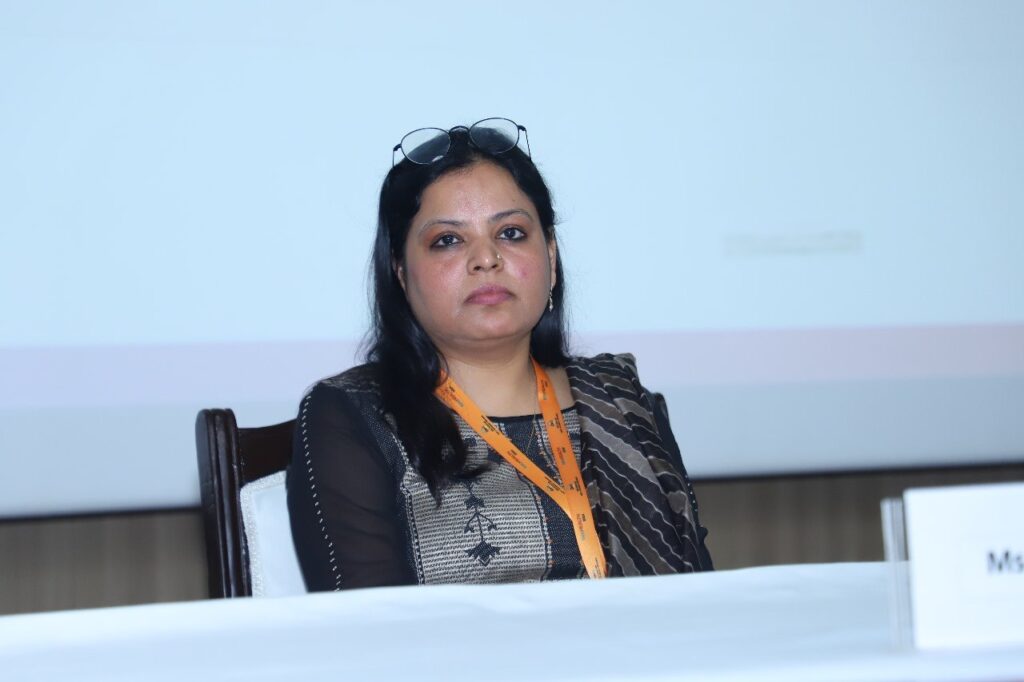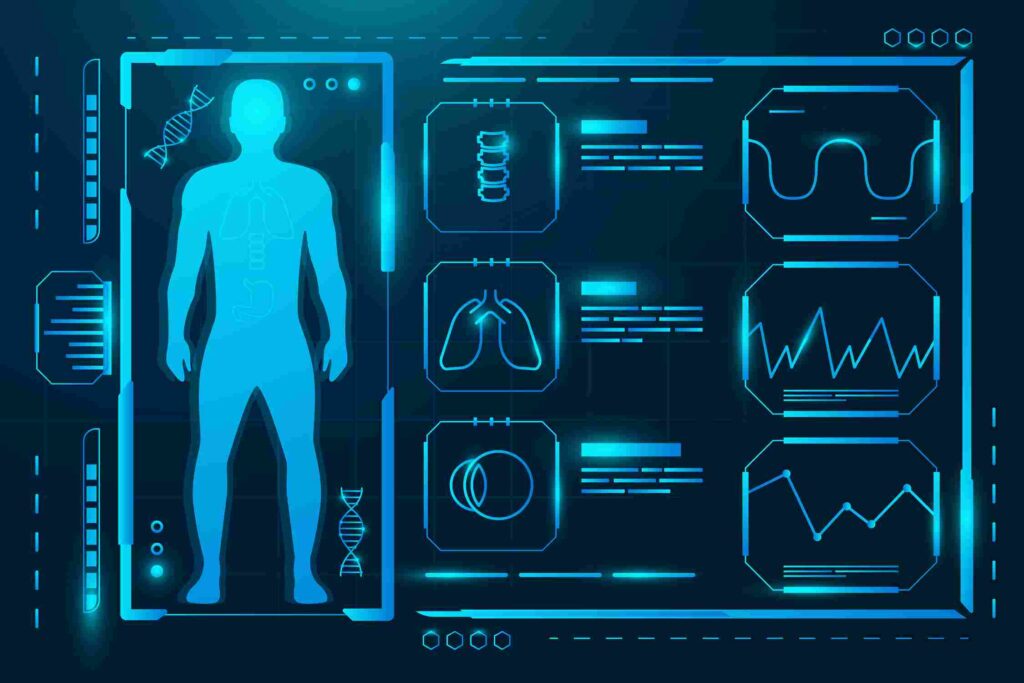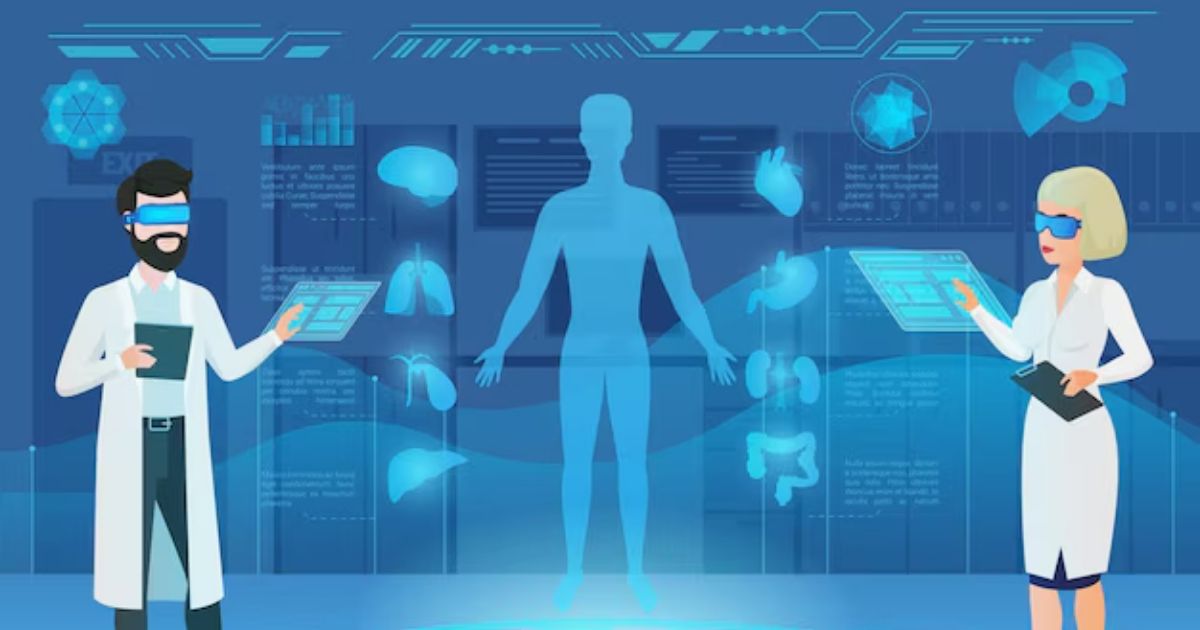
Introduction
Technology is transforming the healthcare industry at an unprecedented pace, and AI-driven solutions are leading the charge. Noor Fatma, Co-Founder and CTO of Easiofy Solutions, is at the forefront of this revolution, working to bridge the gap between cutting-edge AI and practical healthcare applications. At the InnoHealth Conference 2024, she shared her insights on the integration of AI into medical diagnostics and the challenges of implementing tech solutions in diverse healthcare settings.
From Technology to Healthcare: A Shift in Perspective
Noor Fatma comes from a strong technology background, with over 20 years of experience in the field. Transitioning from a purely technical domain to the healthcare sector posed initial challenges, as she had to adapt to the unique demands and workflows of medical professionals. However, through collaboration with doctors, researchers, and healthcare institutions, she has successfully developed AI-powered tools that assist rather than replace human expertise.
The Role of AI in Medical Imaging

Her company, Easiofy Solutions, is revolutionizing healthcare through its flagship product, ImageX AI—an AI-enabled cloud platform that improves the analysis of medical imaging. The technology focuses on:
- Screenings and Diagnostics – AI algorithms can rapidly analyze X-rays, CT scans, MRIs, and PET scans, helping detect conditions like tumors, fractures, and infections with greater accuracy.
- Surgical Planning – Advanced imaging tools assist doctors in creating detailed pre-surgical plans, reducing risks and improving outcomes.
- Radiation Oncology Planning – AI-driven precision ensures more effective targeting in cancer treatment, leading to better patient care.
Challenges in AI Adoption for Healthcare
While AI has the potential to revolutionize healthcare, its adoption comes with challenges, especially in rural and underserved areas. Noor Fatma identified several key obstacles:
- Ensuring Human-in-the-Loop Systems – AI should not aim to replace healthcare professionals but augment their capabilities, providing support where needed.
- Avoiding Disruption in Workflows – AI integration must be gradual and intuitive, ensuring that medical professionals can adapt without overwhelming changes.
- Addressing Digital Literacy – Many healthcare workers, particularly in rural areas, may not be familiar with AI-based tools. Training and phased adoption are critical for successful implementation.
Policy and Government Initiatives Supporting AI in Healthcare
Government policies and initiatives play a crucial role in driving AI adoption in healthcare. Fatma highlights the importance of initiatives such as:
- Ayushman Bharat Digital Mission (ABDM) – Creating a centralized digital health ecosystem that allows seamless sharing of medical records.
- ABHA (Ayushman Bharat Health Account) ID – Enabling patients to store and access their medical history digitally, reducing inefficiencies in healthcare services.
- Public-Private Collaborations – Strengthening partnerships between startups, AIIMS, ICMR, and NITI Aayog to accelerate research and implementation of AI-driven solutions.
The Future of AI in Healthcare
As AI continues to evolve, its role in predictive diagnostics, personalized medicine, and real-time patient monitoring will expand. However, Fatma emphasizes that AI solutions should be developed with a focus on usability, accessibility, and ethical considerations.
- Advancements in AI for Early Disease Detection – AI will increasingly play a role in detecting diseases at earlier stages, improving survival rates and reducing healthcare costs.
- AI-Powered Remote Consultations – Expanding telemedicine capabilities through AI-driven diagnostic assistance.
- Collaborative AI-Human Models – Creating systems where AI and medical professionals work together for improved patient outcomes.
Conclusion
Noor Fatma’s journey in merging AI with healthcare reflects the vast potential of technology to revolutionize medicine. Through innovative AI-driven solutions, strategic policy implementation, and ongoing collaboration with medical professionals, the future of healthcare is becoming more efficient, accurate, and accessible.
The success of AI in healthcare depends on thoughtful integration, continuous learning, and ethical considerations—ensuring that technology empowers healthcare workers and enhances patient care rather than replacing the human touch that remains essential in medicine.
Composed By
InnoHEALTH magazine digital team
Listen to the full podcast on our YouTube channel: https://www.youtube.com/watch?v=tWYI6HQuszU

